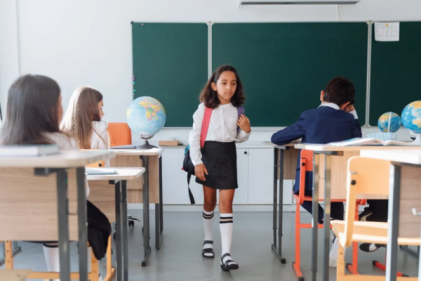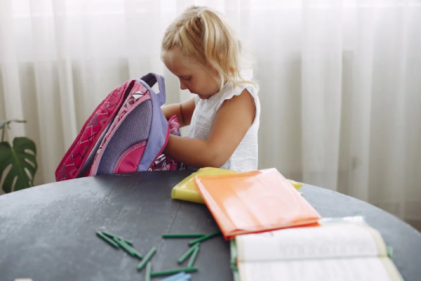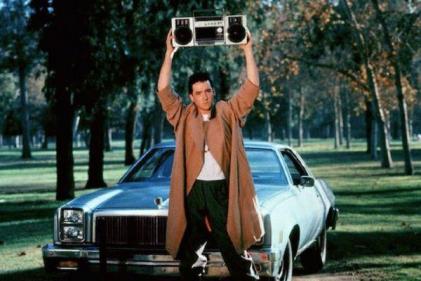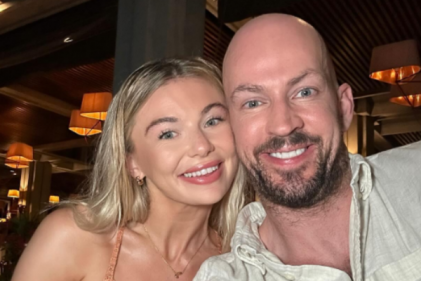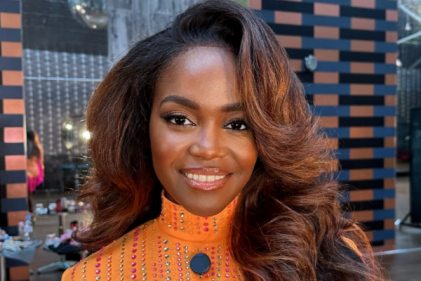The older we get, the more 'adult-like' our thinking is supposed to be. But is this limiting our ability to learn later in life?
They say you can't teach an old dog new tricks, but maybe age is really only how you feel. We're raised to believe that our minds will decline with age and accept it as a given.
One psychology professor disagrees and says that in order for adults to keep their minds agile, they should practise thinking like a small child.
We'll explain. According to a paper by Professor Rachel Wu of the University of California, when we're children we're lucky enough to be able to learn broadly across many subject areas. As we get older and train ourselves to focus on one or a few areas, we're limiting our cognitive function.
Wu has published “A Novel Theoretical Life Course Framework for Triggering Cognitive Development Across the Lifespan,” in the journal Human Development.
According to Wu, this is one explanation as to why we have a harder time remembering information as we get older. Wu says we can combat cognitive decline as we get older by following deliberate strategies of 'intellectual engagement'.
While we often tell out kids that the sky's the limit, we can be guilty of not being open to new ideas and are afraid to fail, something children aren't.
“We argue that across your lifespan, you go from ‘broad learning’ (learning many skills as an infant or child) to ‘specialised learning,’ (becoming an expert in a specific area) when you begin working, and that leads to cognitive decline initially in some unfamiliar situations, and eventually in both familiar and unfamiliar situations,” Wu said.
"When you look across the lifespan from infancy, it seems likely that the decline of broad learning has a casual role in cognitive ageing," Wu told UCR Today. "But, if adults were to engage in broad learning, ageing adults could expand cognitive functioning."
So what's the difference between 'broad learning' and 'specialised learning' and how can we practise this technique?
Specialised learning has the following traits: being close minded, sticking to routine, believing that skills are due to natural talent and not learning, etc.
Broad learning greatly differs from specialised and is all about keeping an open mind and persevering: being open-minded, asking for help from mentors, forgiving yourself for failures and mistakes, learning multiple skills at the same time.
What do you think? Is it time to embrace your inner child and keep an open mind?





